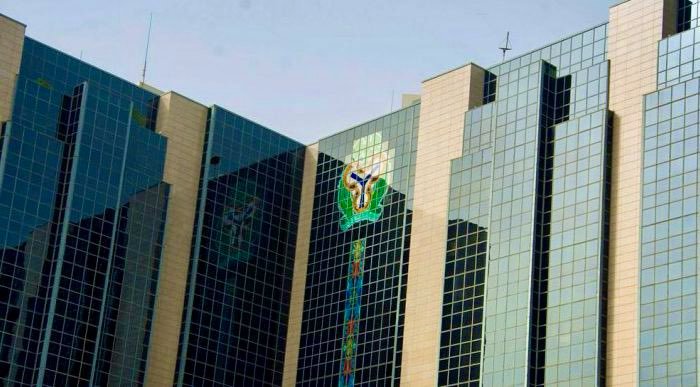Accountant-General Accuses CBN of Mismanaging ₦2.7trn in Interest from Loans

Kehinde Fajobi
The Office of the Accountant General of the Federation (OAGF) has accused the Central Bank of Nigeria (CBN) of improperly managing ₦2.7 trillion in interest collected on Ways and Means Advances, a funding mechanism used to address government budget shortfalls.
In a response to an audit query regarding Nigeria’s 2021 consolidated financial statement, the OAGF alleged that the CBN treated over ₦4.4 trillion in Ways and Means Advances as loans obtained from external or syndicated sources.
It demanded that the central bank refund the interest to the federal government.
The Auditor General’s Office had submitted the report to the National Assembly, highlighting that the Consolidated Revenue Fund (CRF) and four other government entities had overdrafts totalling ₦17.1 trillion without appropriate authorisations.
Addressing the matter, the OAGF explained, “The negative balance of ₦17.1 trillion in the CRF as of December 31, 2021, included ₦4.4 trillion from Ways and Means Advances.
“The interest charged by the CBN was misapplied for its own purposes, despite the advances not being sourced from its funds or through a syndicated loan. The CBN must reimburse the ₦2.73 trillion in interest.”
The OAGF further stated that any additional interest accrued on these advances after the CRF bank statement date should also be repaid by the CBN.
Meanwhile, the Auditor General’s report revealed significant financial irregularities across several ministries, departments, and agencies (MDAs).
It showed that 235 MDAs had exceeded their overhead budgets by ₦116.35 billion without the necessary supplementary appropriations or legislative approvals.
Additionally, eight MDAs overspent their personnel budgets by ₦9.48 billion, while 44 government agencies collectively spent ₦92.67 billion on employee benefits without appropriate budgetary allocations.
The National Pension Commission accounted for ₦56.97 billion of this sum.
The report disclosed that the 36 states had a combined debt of over ₦6.84 trillion, consisting of ₦4.87 trillion in domestic loans and ₦1.97 trillion in external borrowing. The federal government had guaranteed the external debt, increasing its contingent liabilities.
Another concern was the lack of property, plant, and equipment assets reported by 110 MDAs, with no adequate justification for the omissions.
The report also highlighted that ₦1.98 trillion was recorded as intangible assets without clear classifications or details to determine amortisation requirements.
The OAGF disputed parts of the audit findings, particularly the classification of intangible assets. It clarified, “Most of the items listed as intangible assets pertain to research and development projects.
“Further discussions with the Ministry of Finance and other relevant stakeholders are required to reclassify these items appropriately.”
Discrepancies were also noted in borrowing repayment records. While ₦1.105 trillion was recorded as loan repayments in the government’s cash flow statement, only ₦896 billion was documented in the financial records, leading to a ₦209 billion shortfall.
The OAGF has urged improved internal financial controls and stricter adherence to reporting standards to address these inconsistencies and ensure greater accountability in public finances.